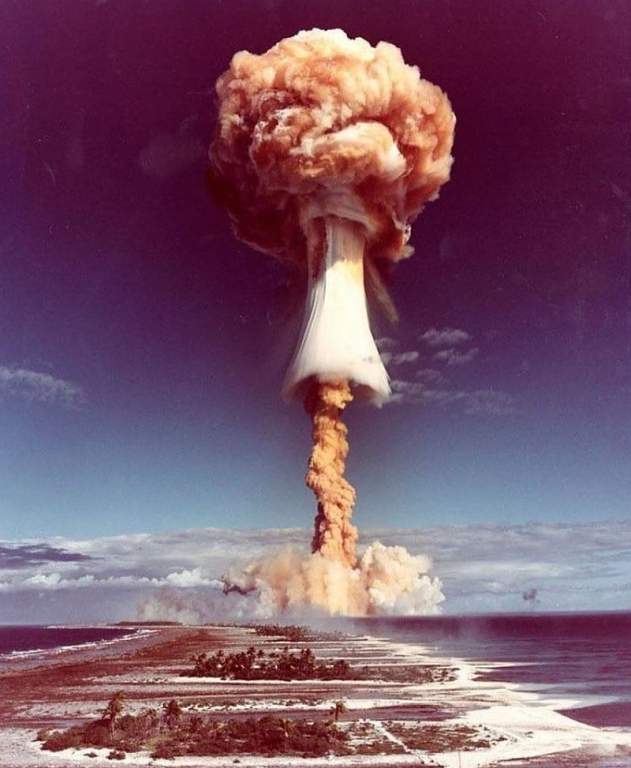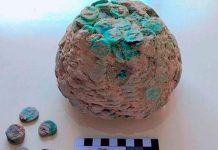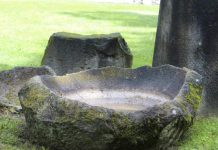At one time, French nuclear testing was conducted in French Polynesia at the Moruroa and Fangataufa atolls. France carried out 193 nuclear tests between 1966 and 1996. Of these, 41 were atmospheric tests that continued until 1974 and exposed the local populace, site personnel, and French military to elevated radiation levels.
The French nuclear test Mururoa atoll came in a series of 1971–1974 and came after the Ekker series. It is estimated that the radioactive fallout in French Polynesia affected about 110,000 people. Some witnesses say the moment the flash disappeared. It was not quite as amazing as in the movies; instead, it began as almost a straight line before beginning to take the shape of a mushroom and having a pinkish-grey hue.
Despite objections from the French people and the anti-nuclear movement in French Polynesia, testing was put on hold in 1992 and restarted in 1995. The last nuclear test in the region took place in 1996, when France signed the Treaty of Rarotonga, also known as the South Pacific Nuclear Free Zone Treaty.
Facilities connected to the nuclear testing, both military and civilian, were demolished following the last test. A small group of military soldiers stayed in the area to provide periodical surveillance of the test sites, but all military and civilian infrastructure associated with the nuclear experiments was decommissioned and the Mururoa and Fangataufa atolls restored to a state not too dissimilar from their natural state.
Retired military men played a major role in maintaining the French nuclear test sites, visiting them on a regular basis once they had been returned to a more natural state. This was the first genuinely independent scientific endeavor to quantify the extent of the damage and to recognize the thousands of casualties of France’s nuclear experiment in the Pacific. We would just like our children, grandchildren, and future generations to be taken care of if they experience an ailment due to our service, should science confirm that we have inherited defective genes.
The state has made great efforts to conceal the toxic legacy of these experiments. It was completely different from all the many oceans I have experienced over the years. There were no fish there, so that was a waste of money. There were no seabirds anywhere. They were well and truly dead.
The children that have issues that no one can figure out, if that makes sense, are the result of these tests, infertility issues, repeated miscarriages, and other things of that nature.” The radiation that resulted from the French tests exceeded projections provided by the French Atomic Energy Commission (CEA) in 2006.
Read More: The Nuclear Sedan Crater Explosion







